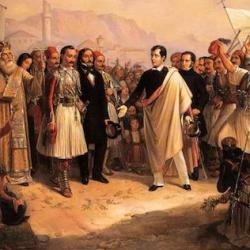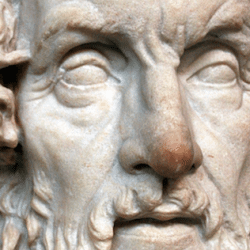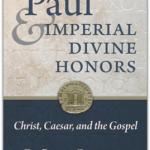In Nussbaum’s treatment, “tragic” and “Aristotelian” conceptions of moral luck and the fragility of the good life are at one. In excluding poets, Plato not only kept certain forms of literature at bay, but was protecting against the tragic potential of life. For Plato, “the best and most valuable things in life are all invulnerable,” and thus Plato gets a kind of revenge against the demand for risk and the potential for tragedy. Plato enables us to “effectively get the better of our humanity and keep for oneself the joys of godlike activity.” Aristotle, by contrast, won’t allow this kind of revenge, or this kind of retreat from mutability, change, and the risks of fragility. But that is no diminution of human life, but an enhancement: “There is a beauty in the willingness to love someone in the face of love’s instability and worldliness that is absent from a completely trustworthy love. There is a certain valuable quality in social virtue that is lost when social virtue is removed from the domain of uncontrolled happenings. And in general each salient Aristotelian virtue seems inseparable from a risk of harm. There is no courage without the risk of death or of serious damage.” In short, “There are certain risks ?Eincluding, here, the risk of becoming unable to risk ?Ethat we cannot close off without a loss in human value, suspended as we are between beast and god, with a kind of beauty available to neither.”
This is all very well-put. And it displays as clearly as one can the inescapably tragic sense of life in Greek, and I would say in all non-biblical thought.















